Blog
Can Dogs Eat Onions? No—And Here’s What To Do If Your Dog Does
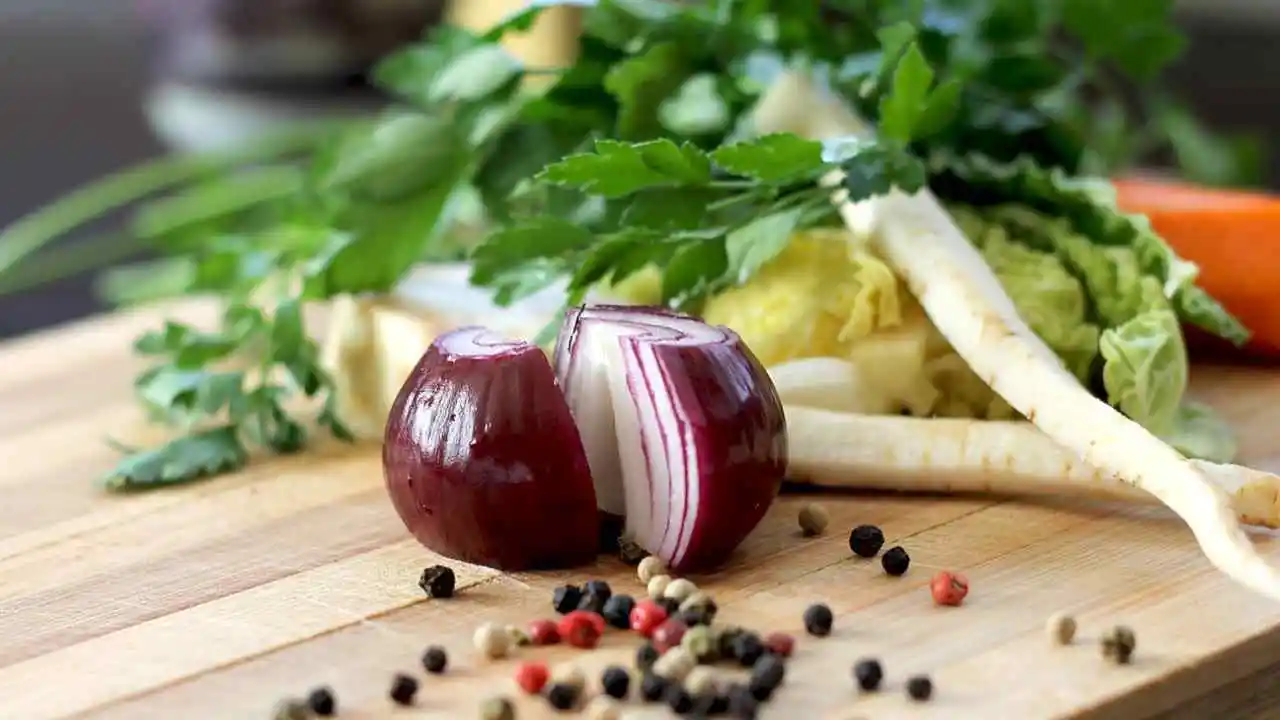
As a dog owner, you want nothing but the best for your furry friend. You might be tempted to share your favorite foods with them, thinking that what’s good for you must be good for them, too. However, this isn’t always true. While many human foods are harmless for dogs, others can be downright dangerous. One such example is onions.
Onions are a common ingredient in countless recipes, adding depth and flavor to dishes from all around the world. But did you know that these flavorful bulbs can be toxic to dogs? That’s right – whether raw, cooked, or in powder form, onions can cause serious health problems for our canine companions.
In this article, we’ll explore why onions are unsafe for dogs, how much onion is toxic, what symptoms to look out for, and what to do if your dog eats onions.
Contents
Why Are Onions Toxic to Dogs?
Onions contain compounds that can cause toxicity or poisoning in dogs. When consumed, these toxic compounds are absorbed into the bloodstream and cause your dog’s red blood cells to break down in a process called hemolysis. This could result in a condition called hemolytic anemia, wherein red blood cells are depleted at a rate faster than your dog’s body can replenish them.

Red blood cells play an important role in transporting oxygen throughout the body. When this process is compromised, your dog may experience symptoms such as weakness, lethargy, an elevated heart rate, or even collapse. It’s crucial to be aware of the dangers onions pose to your furry friend and take steps to prevent accidental ingestion.
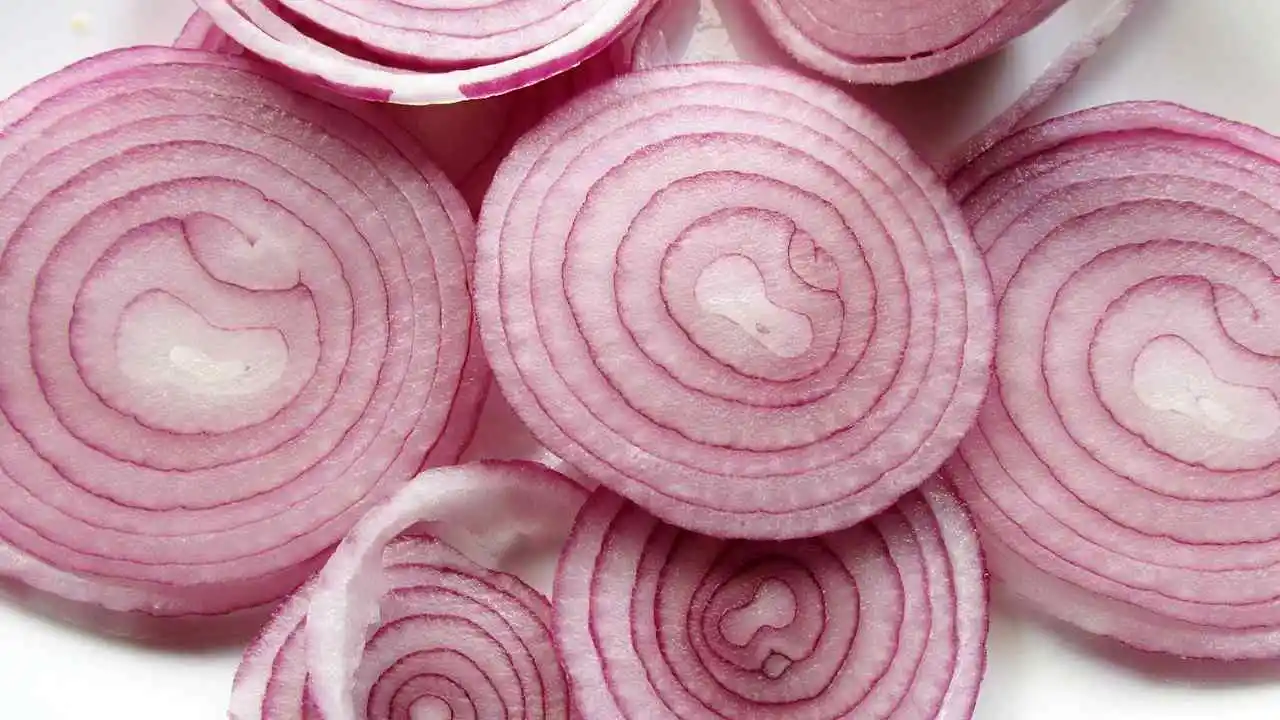
How Much Onion is Harmful to Dogs?
All parts of the onion plant, including raw onions, cooked onions, dehydrated onions, and powdered onions, are harmful to dogs. This also includes other members of the onion/allium family, such as garlic, garlic powder, leeks, shallots, chives, and scallions/green onions.
The amount of onion that can lead to toxicity varies depending on the size of your dog and the amount ingested. Generally, most pets who eat more than 0.5% of their body weight in onions may experience toxicity symptoms. Here’s a breakdown of toxic onion amounts based on dog size:
| Small dog (<10 pounds) | Medium-sized dog (<30 pounds) | Large dog (<60 pounds) |
|---|---|---|
| 10% of a medium-sized onion | 1/3 of a medium-sized onion | 2/3 of a medium-sized onion |
| 1/10 cup diced onion | 1/3 cup diced onion | 2/3 cup diced onion |
| 1/10 tbsp onion powder | 1/3 tbsp onion powder | 2/3 tbsp onion powder |
SHOP NOW
Symptoms of Onion Toxicity in Dogs
Symptoms of onion toxicity or poisoning in dogs may either show up right away or take a few days to manifest, depending on the amount consumed and your dog’s size. Watch out for these signs:
– Vomiting
– Diarrhea
– Weakness or fatigue
– Pale gums
– Loss of appetite
– Jaundice (yellowing of skin or eyes)
– Red or brown urine
– Racing heart
– Panting
In severe cases, onion ingestion can be fatal for dogs. If you think your pet might have eaten onions, it’s essential to seek veterinary care immediately.
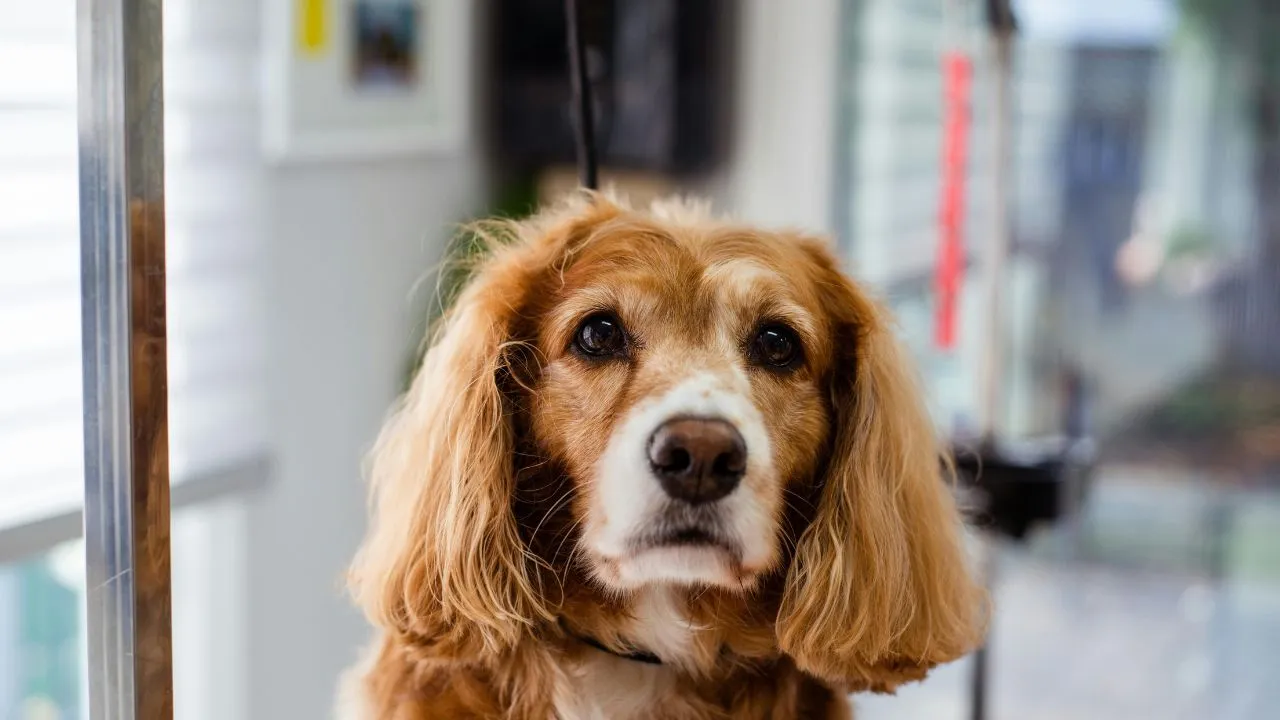
What to Do If Your Dog Eats Onions
If your dog has consumed any amount of onion, don’t hesitate to contact your veterinarian or call the Pet Poison Helpline at 800-213-6680. Prompt action is crucial in preventing severe consequences.
Your vet may induce vomiting if the onions were eaten within one to two hours prior to the visit. They may also administer IV fluids, activated charcoal to bind remaining toxins in the digestive tract, or even perform blood transfusions in severe cases. Expect your vet to monitor your dog’s vitals closely and possibly recommend hospitalization if intensive care is needed.
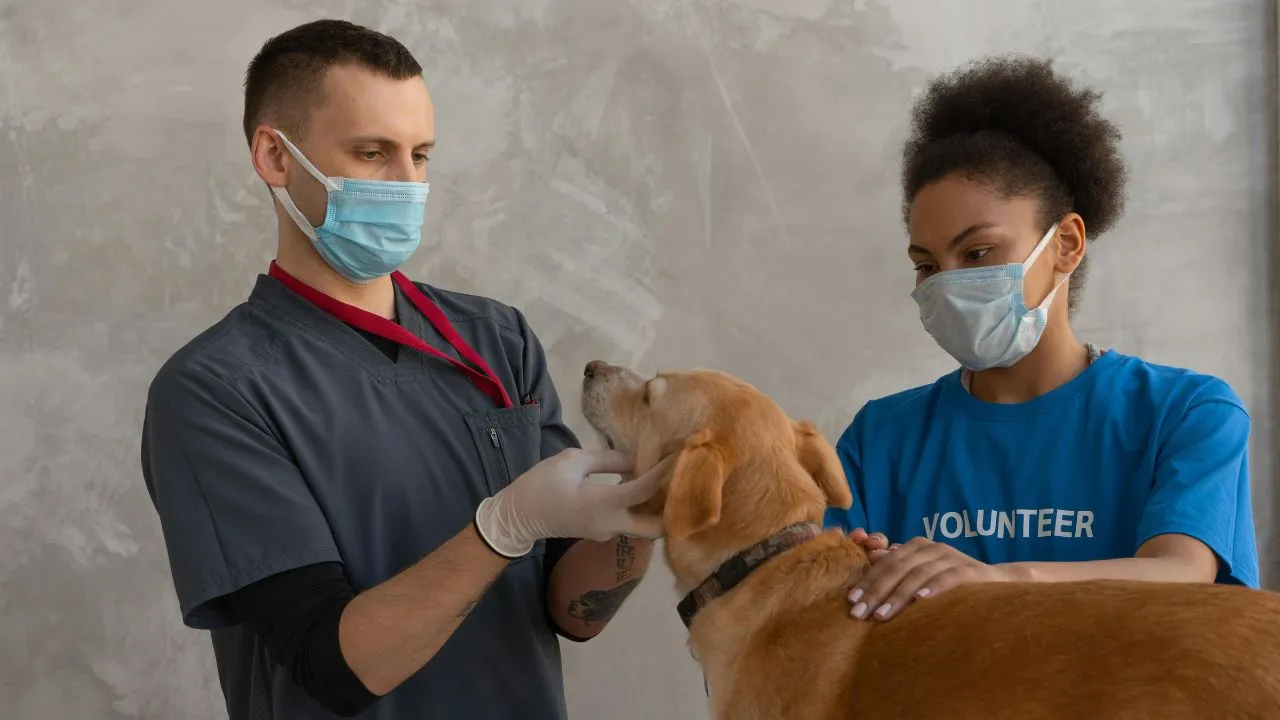
Preventing Onion Ingestion in Dogs
To keep your furry friend safe from onion toxicity, follow these tips:
1. Store Onions Securely
Keep onions in airtight containers, high shelves, cabinets, or the fridge or freezer, out of your dog’s reach.
2. Establish Pet-friendly Kitchen Rules
Consider keeping your dog out of the kitchen while cooking or preparing food to prevent accidental ingestion.
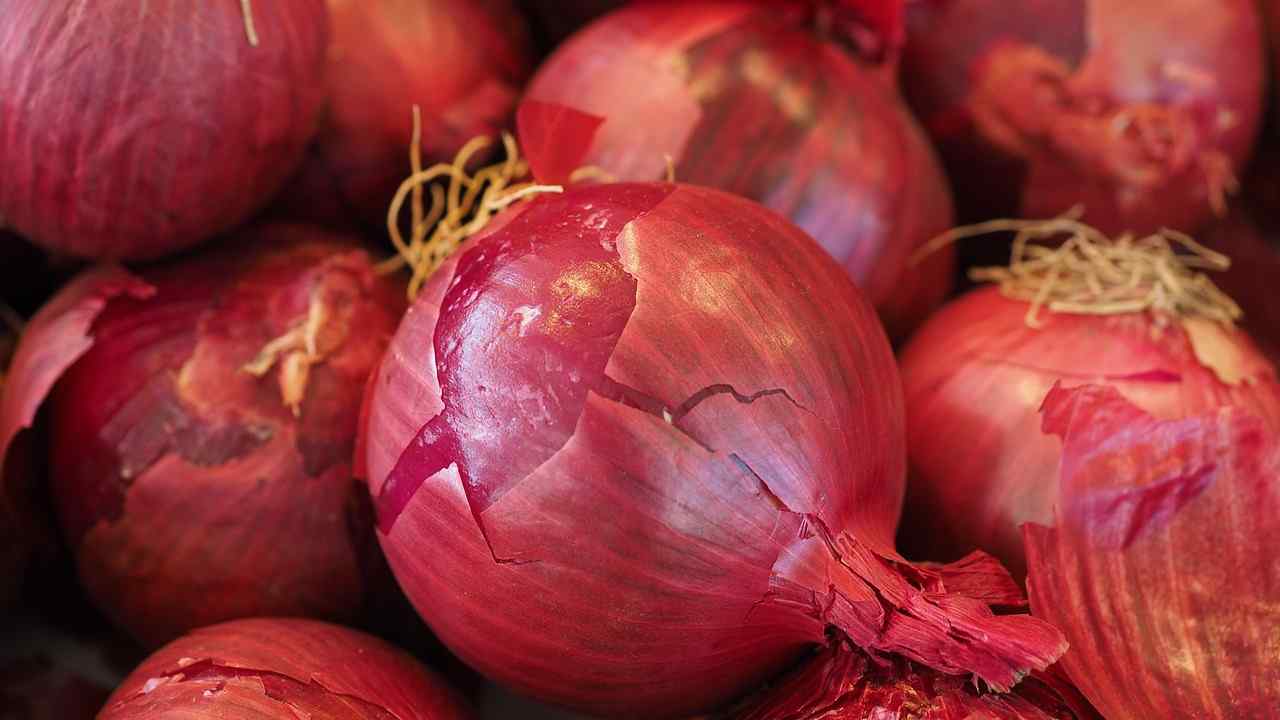
3. Clean Up Spills Promptly
If you drop onions on the floor, clean them up immediately to avoid your dog sneaking a taste.
4. Avoid Sharing Human Food
Resist the temptation to share your meals with your dog, as many dishes contain onions or onion powder.
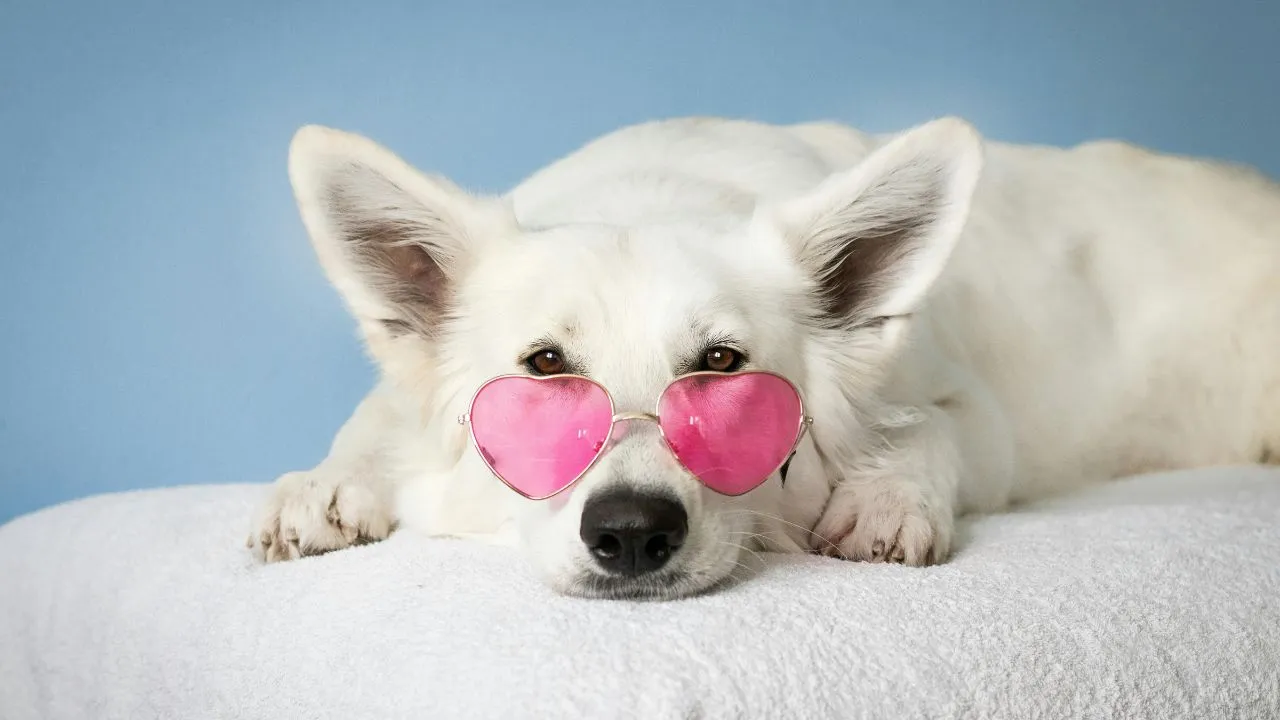
5. Read Labels Carefully
When purchasing dog food or treats, always check the ingredient list to ensure they don’t contain onions or other harmful ingredients.
6. Educate Family and Friends
Inform your loved ones about the dangers of onions for dogs to ensure everyone is on the same page when it comes to your pet’s safety.
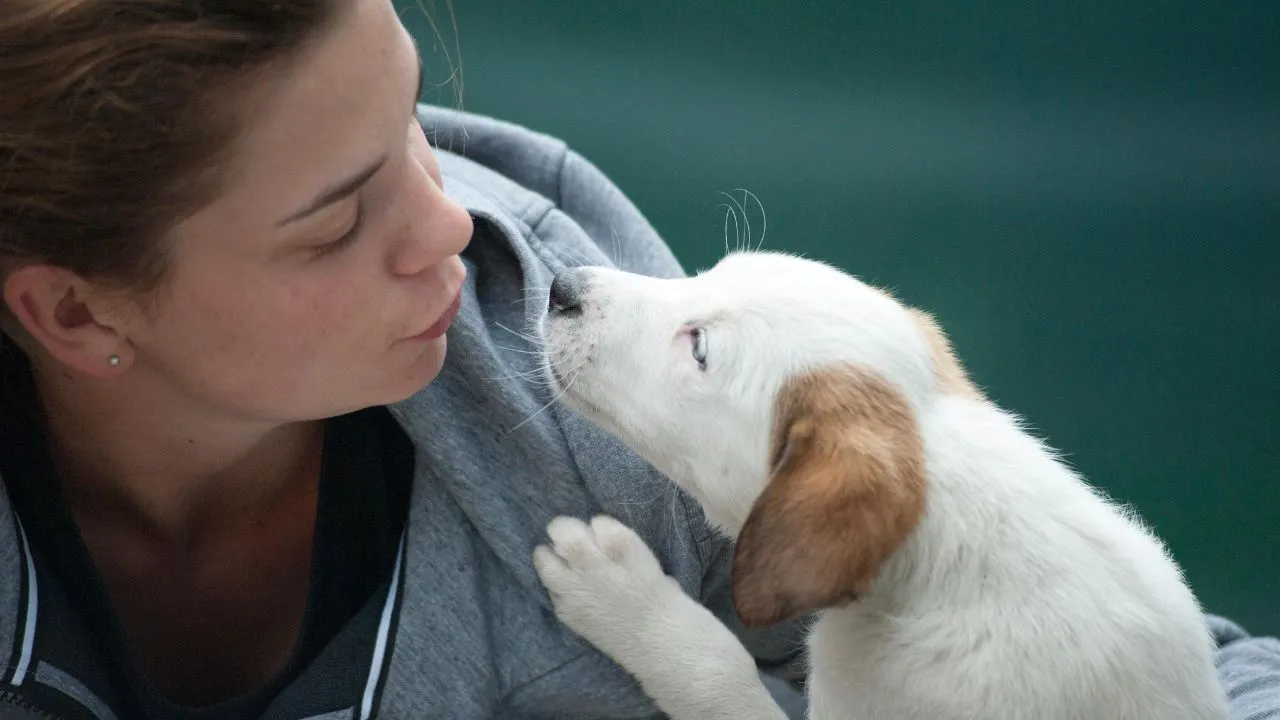
Safe Vegetable Alternatives for Dogs
While onions are off-limits for dogs, there are plenty of other vegetables they can enjoy. Here are some safe and healthy options for your four-legged friend:
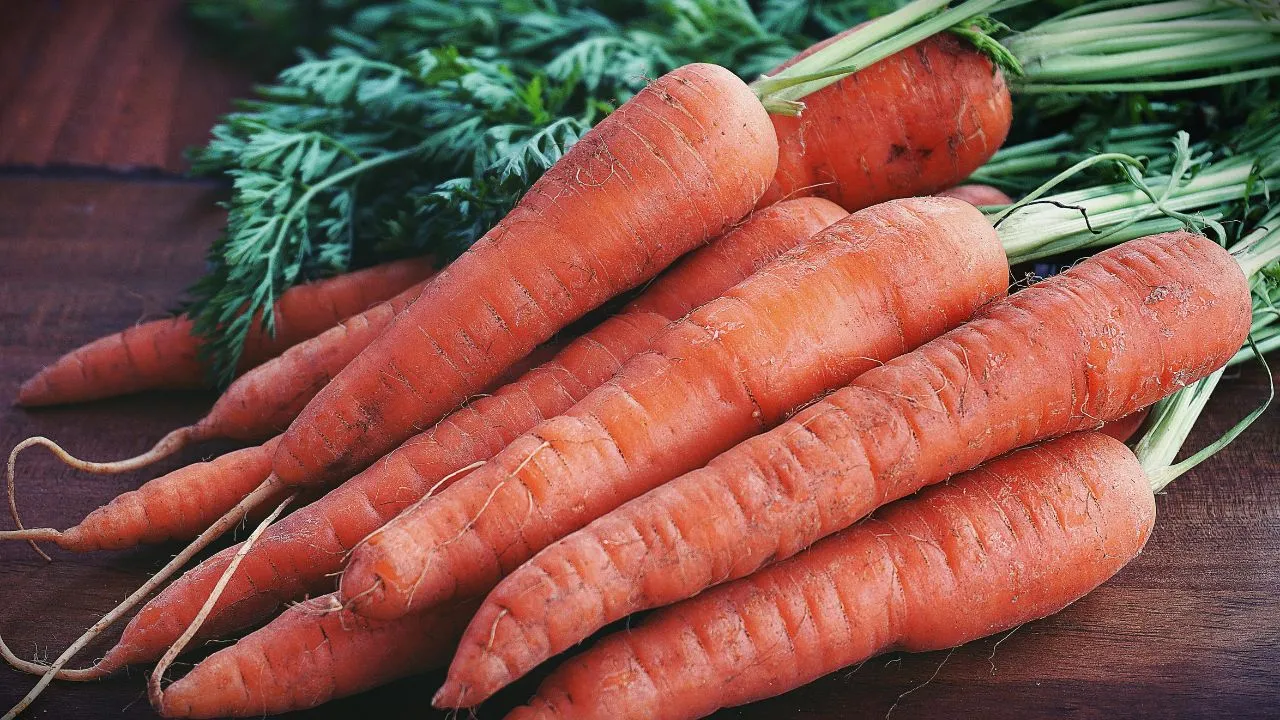
- Carrots: Packed with vitamin A and fiber, carrots make a great crunchy treat for dogs. They can also help clean your pet’s teeth and freshen their breath.
- Cucumbers: With low calories and high water content, cucumbers make for a refreshing and hydrating snack for dogs, particularly during hot summer days.
- Green beans: Packed with vitamins C and K, manganese, and fiber, green beans are a nutritious addition to your dog’s diet. They can also help keep your dog feeling full and satisfied.
- Sweet potatoes: Cooked sweet potatoes (without seasonings) serve as a fantastic source of vitamins A and C and fiber for dogs. They can be mashed or served as chewy, dehydrated treats.
- Pumpkin: Plain canned pumpkin (avoiding pumpkin pie filling) is a great source of fiber and can help regulate your dog’s digestive system. It’s especially useful for relieving constipation or diarrhea.
- Broccoli: In small amounts, cooked or raw broccoli can be a healthy treat for dogs. It’s rich in vitamin C and fiber but should be given in moderation, as it can cause gas.
- Spinach: This leafy green is bursting with vitamins A, B, C, and K, iron and antioxidants. However, it’s best to offer it in moderation due to its oxalate content, which could hinder calcium absorption.
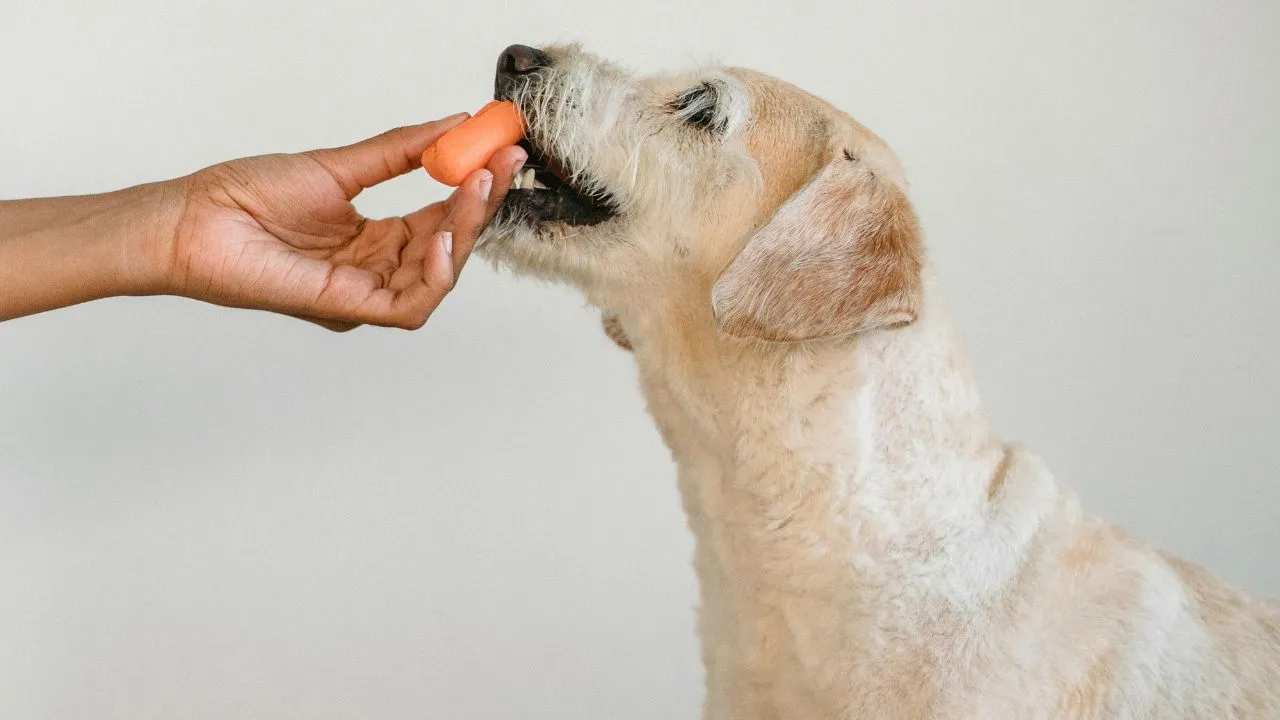
Just remember to introduce new vegetables gradually and feed them in small amounts or as occasional treats to maintain a balanced diet. If you have any concerns about your dog’s dietary needs, consult with your veterinarian.
Final Words
Onions are a big no-no for our pets, no matter how they’re prepared. Understanding the dangers, knowing what symptoms to look for, and taking preventive measures are key to keeping your furry friend safe and healthy.
If you ever think your dog might have eaten onions, don’t wait – seek veterinary care immediately. The right knowledge and precautions will help ensure you and your dog can enjoy a long, happy life together.